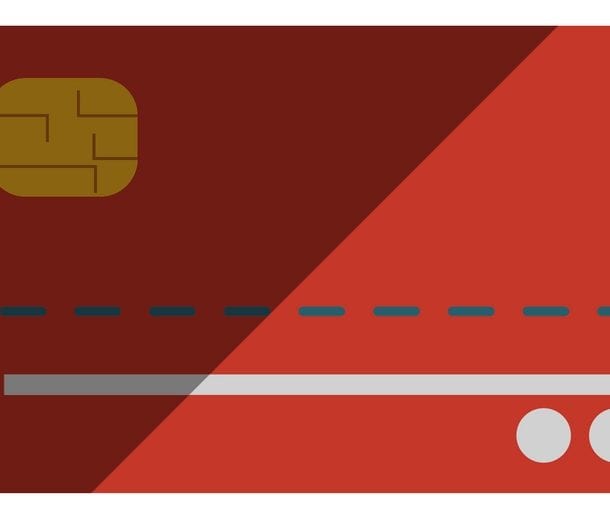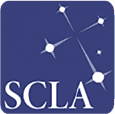
I go to Rio, you go to Court
I go to Rio, you go to Court
By Su-Ann Loh
While Rio was preparing for the Olympic Games, the Federal Court was preparing to hand down reasons for its judgment in the proceeding between the Australian Olympic Committee, Inc (“AOC”) and Telstra Corporations Limited on 29 July 2016.
The proceeding was initiated by the AOC against Telstra in relation to its television, mobile phone and catalogue advertisement and promotions, among others. In those advertisements and promotions Telstra used the words or phrases “Telstra…Official Technology Partner of Seven’s Olympic Game Coverage”, “Telstra is Seven’s broadcast partner”, “this August all Telstra mobile customers will have free premium access to every event live on Seven’s Olympics on 7 App”. One advertisement included the words “Telstra is not an official sponsor of the Olympic games, any Olympic Committees or teams”. This small disclaimer is important, as you will later read below.
It’s all seemingly harmless until you are informed of the context. Until 2012, Telstra had a sponsorship arrangement with the AOC which entitled to them use all Olympic insignia for commercial purposes through a license agreement with the AOC. This is the only exception under which Olympic insignia can be used by anyone else other than the AOC, pursuant to section 36 of the Olympic Insignia Protection Act 1987 (Cth). Since that time, that arrangement was given to their rival, Optus. The AOC then entered into an agreement with the Seven network in 2014 to broadcast the Rio Olympic Games, and in June 2016 the Seven network entered into an agreement with, none other than – Telstra to sponsor its broadcast.
So Telstra missed out on being the official sponsor for the AOC but it became the official sponsor for the AOC’s major broadcaster, channel Seven.
In the agreement between the AOC and Seven, the Seven network was allowed to sell broadcast sponsorships but was not allowed to grant their sponsors, i.e. Telstra, the right to use the Olympic insignias, save for designations that have been approved by the AOC. This exception is reinforced by the terms of the agreement between Seven and Telstra wherein it was agreed that where there is an overall impression that Telstra was an official sponsor or affiliated with the Rio Games or with the AOC/IOC then Seven would require Telstra to rework the material or obtain consent from the IOC.
Note: the IOC is the international body for the AOC; being the International Olympic Committee and the Australian Olympic Committee.
Seven obtained IOC approval for some of the advertisement and promotions but not for others.
The AOC therefore initiated the proceedings seeking an interim injunction and then a final hearing against Telstra for what they allege to be (i) a breach of the Act; and (ii) misleading and deceptive under the general provisions of the Australia Consumer Law.
In the reasons for judgment, the Court pinpointed the marketing brief for Telstra which evidenced that Telstra wanted to use their relationship with the Seven network to stand out “in the malaise of the Olympic sponsors – when we’re not an Olympic Sponsor (yet our major competitor is)”. Justice Wigney in his reasons stated that Telstra would have been aware, through their relationship with Seven network, that its advertisements, marketing and promotion could not represent or convey an impression that it was affiliated as a sponsor with the AOC for the Rio Games, certainly without the consent of the AOC/IOC.
Notwithstanding this, the Court was not satisfied that Telstra’s promotions and advertisements conveyed the impression that it had a sponsorship arrangement with the AOC (from the perspective of a reader or viewer likely to read or view the advertisements and promotions), and was therefore not misleading and deceptive. His Honour took a common sense approach in concluding that it would have been impossible for Telstra to comply with its agreement with Seven as a sponsor of their broadcasting through media without referring to the Rio Olympic Games in the context of its sponsorship and Seven’s coverage. The phrases used by Telstra formed part of a composite expression which do not refer to the AOC or images of the AOC, particularly where there was inclusion of the disclaimer in a prominent script which was sufficient to “erase or reverse any impression did Telstra did sponsor” the AOC.
In His judgment, Judge Wigney was not blinded to the fact that Telstra intended to capitalise and exploit the Rio Olympic Games such that there was a connection between the Games and its brand however, even if it succeeded in doing so, it did so as a broadcast partner of Seven.
So in short – Telstra won!
Business owners take note – the test for misleading and deceptive conduct is what ordinary or reasonable members of the class to whom the representation is made will likely believe. Unless you are Telstra the legal cost of justifying your actions can be exorbitant if you tread a fine line in the representations you make. If you are going to do that in your business advertising and promotions, at least ensure that you are as savvy as Telstra or you have very clear disclaimers.
Please contact Chris Morey (Director, Business Law Practice Group) or Peter North (Senior Associate, Business Law Practice Group) on 03 9629 9629 for assistance on all business law related matters, including proper drafting of disclaimers and ensuring legal compliance by you in your business marketing content.
Copyright © 2021 Lewis Holdway Lawyers. Website Design By LGT Digital








